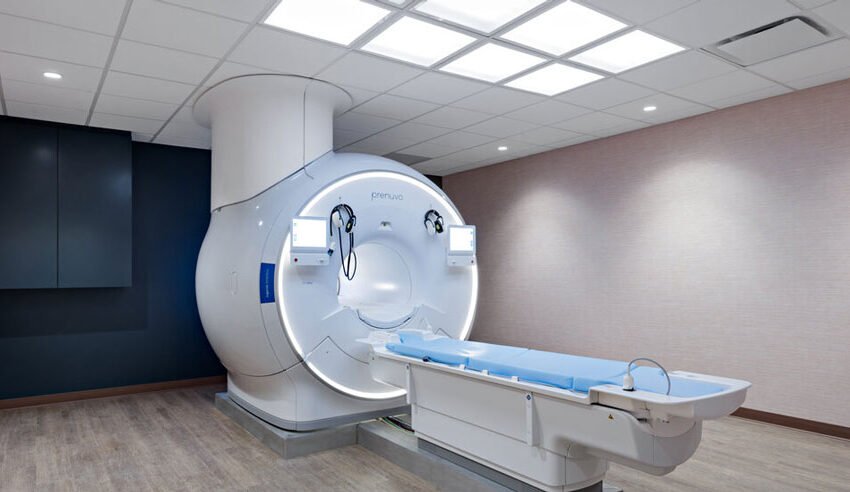The New Status Symbol: Private Mental Health Havens That Blend World-Class Care With Five-Star Comfort

The world’s wealthiest have always been ahead of the curve when it comes to wellness trends, but the migration toward high-end mental health retreats has a different texture. It’s not about showing off, and it’s certainly not about following a fad. It’s about privacy, precision, and the peace of mind that comes from knowing you’re in a place built to anticipate every need before you can name it. These facilities are changing the conversation around mental health in elite circles, replacing outdated notions of what care should look like with something that’s both profoundly personal and deeply restorative.
Privacy As The Cornerstone
For people who operate in the public eye or manage vast empires, the idea of disappearing for a few weeks isn’t always simple. Traditional treatment centers, no matter how competent, can’t guarantee the anonymity that high-profile individuals require. That’s why many high-net-worth clients are opting for facilities tucked behind gates, perched on sprawling estates, or discreetly integrated into luxury resorts. The privacy isn’t just about avoiding paparazzi. It’s about creating a bubble where the mind can truly decompress without interruptions or outside noise.
In these settings, confidentiality extends far beyond closed doors. Every staff member, from the head psychiatrist to the housekeeping team, is trained in discretion. Guests can walk from therapy to a massage session without crossing paths with strangers, and meals can be taken in private dining rooms rather than communal spaces. This control over environment and access is a quiet but powerful part of the healing process, and it’s one of the biggest reasons wealthy individuals are steering clear of more conventional programs.
Therapeutic Excellence Meets Everyday Ease
While exclusivity is a draw, what keeps clients committed is the level of care. The best private facilities recruit top-tier mental health professionals, many of whom are leaders in their specialties. Evidence-based therapies aren’t presented in sterile, clinical formats; they’re woven into daily life with a sense of ease that makes participation feel natural rather than obligatory. Sessions may happen in a sunlit library, on a private beach, or during a guided hike through pristine nature.
There’s also a growing emphasis on integrating care into the client’s broader life, ensuring progress doesn’t stall once they return to demanding schedules. This is where workplace mental health strategies often come into play, helping clients re-enter their professional environments with tools that are both effective and adaptable. It’s a subtle but important shift — the understanding that care isn’t a stand-alone experience but something that needs to move seamlessly with the person.
Wellness That Extends Beyond Treatment
Many luxury retreats approach mental health as part of a whole-body strategy. That means nutrition programs designed by chefs who understand both flavor and function, fitness plans that adapt to individual energy levels, and holistic therapies that range from acupuncture to meditation coaching. The goal isn’t just to address the immediate concerns but to elevate the overall baseline of well-being.
Guests might start the day with a tailored workout led by a world-class trainer, followed by sessions that blend traditional psychotherapy with innovative modalities like neurofeedback or art therapy. Afternoons might involve spa treatments that release both physical and emotional tension, while evenings are reserved for reflection or quiet leisure. Everything is curated to maintain a steady, nurturing rhythm that encourages lasting change without the stress of rigid schedules.
Innovation Driving The Experience
Technology and research are shaping the new generation of elite retreats. From advanced neuroimaging tools that guide personalized treatment plans to immersive virtual reality sessions designed to reframe cognitive patterns, these facilities invest heavily in innovation. Luxury mental health facilities in California for example have led the way in blending these advancements with the kind of comfort you’d expect from a top-tier resort. The result is an environment where science and serenity co-exist, each enhancing the other.
This isn’t tech for the sake of novelty. It’s about using every available resource to understand the individual at a deeper level. Genetic testing might inform nutritional guidance, while biometric tracking can help fine-tune sleep patterns and stress management techniques. These approaches, while high-tech, remain grounded in the human connection between provider and client, ensuring that the experience never feels cold or impersonal.
Redefining The Perception Of Care
One of the most striking shifts is how these private retreats are reshaping the image of mental health care among the wealthy. It’s no longer something to hide or handle quietly in a corner of one’s life. Instead, attending a high-end retreat is increasingly seen as a proactive investment in longevity, performance, and quality of life. In certain circles, the conversation has moved past stigma entirely, focusing instead on the tangible benefits that come from prioritizing mental well-being in the same way one might invest in personal trainers or annual executive health checks.
By aligning mental health care with luxury, these facilities send a clear message: taking time for the mind is as valid, valuable, and sophisticated as any other pursuit of excellence. And as more high-net-worth individuals embrace this approach, it’s likely that the ripple effects will reach well beyond the gated estates and private jets, subtly influencing broader cultural attitudes toward care.
The rise of private mental health havens reflects a growing understanding that true wellness can’t be compartmentalized. The mind deserves the same thoughtful attention as the body, and for those with the means, that attention now comes in settings where expertise, innovation, and comfort intersect. The appeal isn’t in the exclusivity alone but in the way these retreats make healing feel less like a detour from life and more like a meaningful part of it.





